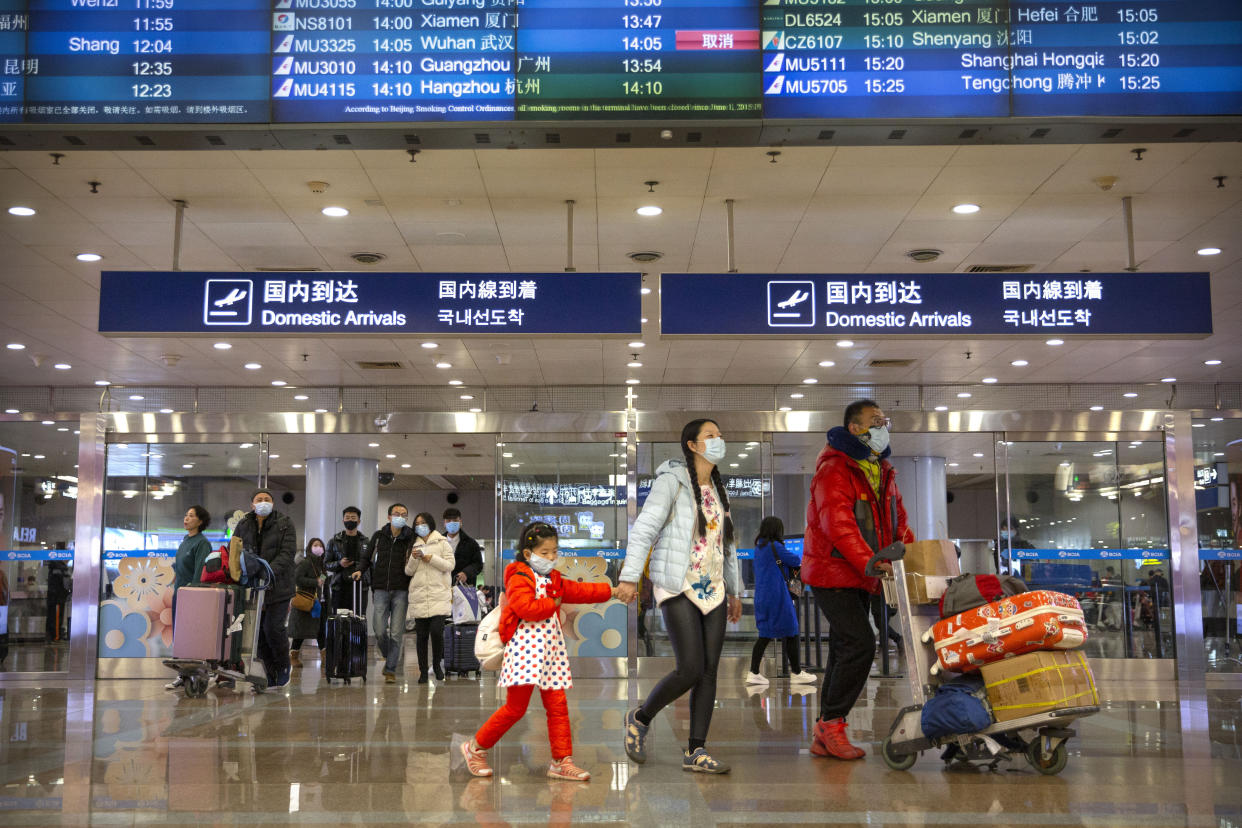Some China coronavirus victims didn't even have a fever

By Will Davies and Stephen Tan
(Bloomberg) -- Several people who’ve died from a new virus in China didn’t display symptoms of fever, potentially complicating global efforts to check for infected travellers as they arrive at airports and other travel hubs.
Details released by China’s National Health Commission show five of the 17 people who died after being infected with novel coronavirus displayed other symptoms such as breathing difficulty, chest tightness and coughing. The joint-oldest victim, an 89-year-old male, was suffering from drowsiness and incontinence, as well as a fever. He sought medical help on Jan. 5 and died on Jan. 18. He had pre-existing conditions, including hypertension.
The absence of fever in some cases indicates that temperature screening, the most common measure being used at transport links and airports to check travellers, may not identify some infected people.
At least nine victims had pre-existing conditions such as diabetes, coronary artery disease and Parkinson’s disease, the National Health Commission said. Eight were aged 80 or over, two were in their seventies, five in their sixties and one in his fifties. The youngest was a 48-year-old woman with a pre-existing condition. Four of the victims were women and the rest were men.
China has banned travel from Wuhan, the epicenter of the virus, essentially putting the capital of central China’s Hubei province -- with a population of 11 million people -- under lockdown. The virus has already spread to other parts of the country and elsewhere, including the U.S. and Hong Kong, triggering memories of the SARS pandemic in 2003 that killed nearly 800 people.
Hong Kong on Thursday suspended high-speed rail ticket sales to Wuhan, nearly 600 miles away, according to Radio Television Hong Kong, while Macau’s government canceled Lunar New Year festivities. The holidays begin in earnest tomorrow, heaping pressure on Chinese authorities trying to contain the virus as hundreds of millions of people travel to their hometowns in the biggest migration of humans on the planet.
The World Health Organisation is meeting Thursday to determine a strategy for the outbreak.
© 2020 Bloomberg L.P.


